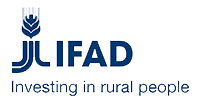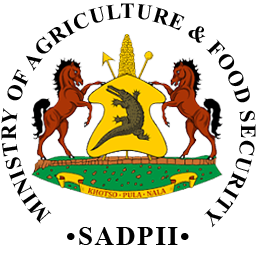- SADP II
- Components
Components

Component 1
PROMOTING CLIMATE SMART AGRICULTURAL PRACTICES AND ADVISORY SERVICES
This component aims at strengthening the adaptive capacity of smallholder farmers to adjust and modify their production systems to minimize the potential future impacts from climate variability.

Component 2
IMPROVING AGRICULTURAL COMMERCIALIZATION AND NUTRITION
This component aims at strengthening the adaptive capacity of smallholder farmers to adjust and modify their production systems to minimize the potential future impacts from climate variability.

Component 3
PROJECT MANAGEMENT, COORDINATION AND MONITORING AND EVALUATION
This component is responsible for the design, implementation, analysis and reporting of the baseline and project completion surveys.

Healthy food for your good growth
Lorem ipsum dolor sit amet nsectetur cing elit. Suspe ndisse suscipit sagittis leo sit met entum estibu dignissim posuere cubilia durae. Leo sit met entum cubilia crae onec.
-
Harvesting
-
Growth
-
Maintenance
Services We’re offering
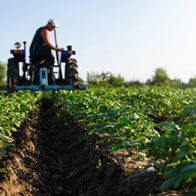
Agriculture
Products
I was impresed by the agrion services, not lorem ipsum is simply free text.

Organic
Products
I was impresed by the agrion services, not lorem ipsum is simply free text.
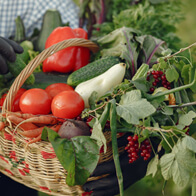
Fresh
Vegetables
I was impresed by the agrion services, not lorem ipsum is simply free text.
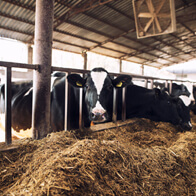
Dairy
Products
I was impresed by the agrion services, not lorem ipsum is simply free text.

